
Privacy statement: Your privacy is very important to Us. Our company promises not to disclose your personal information to any external company with out your explicit permission.
Are you considering investing in a CNC machine but unsure if it's the right move for your business? Many potential buyers grapple with questions about CNC technology, its benefits, and the associated costs. To shed light on these concerns, we've interviewed both CNC equipment manufacturers and shop owners who have already made the switch to CNC.
Both groups agree: embracing CNC technology is crucial for staying competitive and achieving growth in today's marketplace. But for those new to CNC, the learning curve can be daunting. That's where manufacturers come in. They offer invaluable expertise to help you select the right equipment for your needs and provide training to ensure a smooth transition.
Don't fall behind in today's fast-paced environment. Reach out to CNC equipment manufacturers for guidance and support in harnessing the power of CNC technology to drive efficiency, productivity, and success for your business.
For core shop operations like boring, surfacing, drilling, and milling, many CNC machines in the automotive aftermarket feature user-friendly menu-driven systems with straightforward "fill-in-the-blank" programming. These machines often come preloaded with common operations, requiring users to input specific details before the machine autonomously executes the task.
In contrast, industrial CNC machines typically rely on G-code or M-code commands input via a keyboard or touch screen to control tooling movement across the X, Y, and Z axes. However, recognizing that most automotive machinists lack programming skills, many CNC machines in this sector utilize "conversational programming." This simplified approach allows operators to input basic information, such as desired milling depths or bore sizes, enabling the machine to handle the rest.
Conversational programming offers a faster and more straightforward learning curve compared to traditional G-code and M-code programming. With minimal training, operators can have a CNC machine up and running, generating profits in a short time frame.
Some shop owners choose to hire experienced machinists familiar with CNC operations instead of investing time in learning programming themselves. This strategy facilitates a seamless transition to CNC, especially for projects requiring advanced CAD/CAM skills or intricate designs, such as custom billet engine block fabrication.
While mastering advanced CNC machining may take several months to a year, basic tasks like boring and surfacing can be accomplished within days. Most CNC suppliers offer basic on-site training during installation, along with additional ongoing and advanced training options tailored to individual needs. Reach out to your equipment supplier to explore available training opportunities and eligibility requirements.
If you're considering CNC technology, you might be curious about its advantages over traditional methods. In essence, CNC machines offer versatility, capable of handling almost any machining task that manual machines can. They can either replace outdated equipment or work alongside existing manual tools in your workshop.
The main advantage lies in CNC's automation capabilities, offering various levels of automation. From fully automated start-to-finish machining to semi-automatic processing step by step, CNC simplifies production processes and boosts efficiency.
Once you've set up the workpiece in the CNC machine, programmed the operating system, and started the job, you're free to focus on other tasks. This flexibility allows your workforce to manage their time more effectively, increasing productivity throughout the workday. Depending on the task, certain CNC machines can run continuously, 24/7, until completion. You can even leave the machine running overnight, generating income while you rest.
Moreover, CNC typically delivers higher accuracy and consistency compared to manual operations. While skilled operators using manual machines can produce quality work, human factors like distractions or off-days may lead to errors or inconsistencies. With CNC, the machine consistently executes tasks with precision and accuracy, ensuring consistent results every time.
For many, entering the realm of CNC begins with a cautious investment, gradually expanding as needs grow. Starting with a basic CNC machine capable of specific tasks like boring or surfacing provides flexibility to upgrade to a more advanced model later on.
Concerns may arise about being oversold on pricey CNC machines beyond actual requirements. The critical question to consider is whether a basic machine suffices or if the business could benefit from the expanded features of a more sophisticated model. This decision relies on a well-structured business plan, not mere wishful thinking. Identifying opportunities to outshine competitors and attract new clientele may justify investing in advanced CNC technology to drive business growth.
Certain CNC machines offer a "modular" or "adaptable" platform, allowing phased option purchases aligned with current needs or budget constraints. These machines, whether 3, 4, or 5-axis, maintain compatibility with the same fixturing, tooling, and programming. Differences typically lie in machine travels, overall capacity, chip handling, coolant dispensing options, enclosures, tool changers, speed, and horsepower.
Sizing the equipment according to the scope of engine work is crucial. Passenger car and light truck engine shops may not require machinery suited for diesel blocks and heads. Conversely, shops handling large diesel projects need machines capable of accommodating such components.
Consideration of equipment horsepower is paramount. Higher horsepower electric motors often result in faster tooling RPMs and cutting speeds. A 20 or 30 percent reduction in machine time can significantly impact daily workload. Manual setup durations frequently surpass actual machining times, highlighting CNC's efficiency. One shop owner reported completing tasks in 2 to 3 hours with CNC, a process previously taking 6 to 8 hours – a substantial productivity leap. Opting for a faster machine can thus be crucial when speed is a priority.
Deciding between a dedicated machine for tasks like boring or surfacing and a versatile machining center capable of handling multiple operations depends on several factors. Considerations include the type of work you do, available floor space, and how the equipment fits into your shop's workflow.
While a multi-purpose machine offers the convenience of consolidating operations and saving floor space by replacing multiple machines, it may become a bottleneck if tied up with a single job, delaying other pending tasks. As a result, many shops adopt a hybrid approach: integrating a multi-purpose CNC machining center alongside individual machines (CNC or manual) designed for specific tasks. This strategy strikes a balance between versatility and efficiency, ensuring optimal workflow management.
CNC technology revolutionizes traditional machining processes by offering unparalleled precision, efficiency, and versatility. With CNC, tasks such as boring, surfacing, drilling, and milling are executed with exceptional accuracy and consistency, surpassing the capabilities of manual equipment. The user-friendly interface of many CNC machines, often featuring menu-driven or conversational programming, streamlines operation and reduces the learning curve for operators. Additionally, CNC systems can operate autonomously once programmed, freeing up manpower for other tasks and maximizing productivity.
October 29, 2024
October 28, 2024
Email to this supplier
October 29, 2024
October 28, 2024

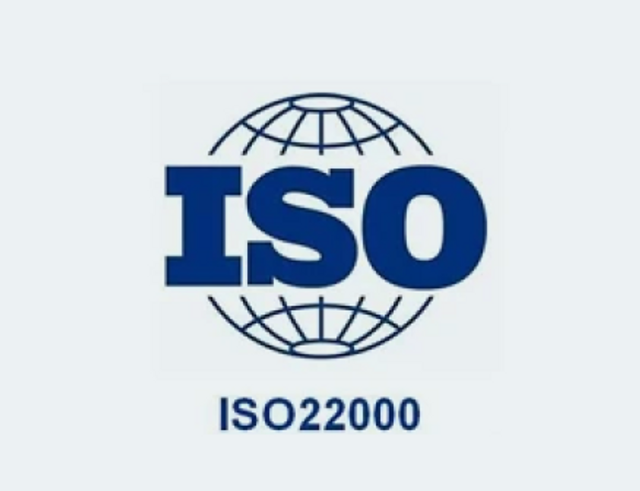
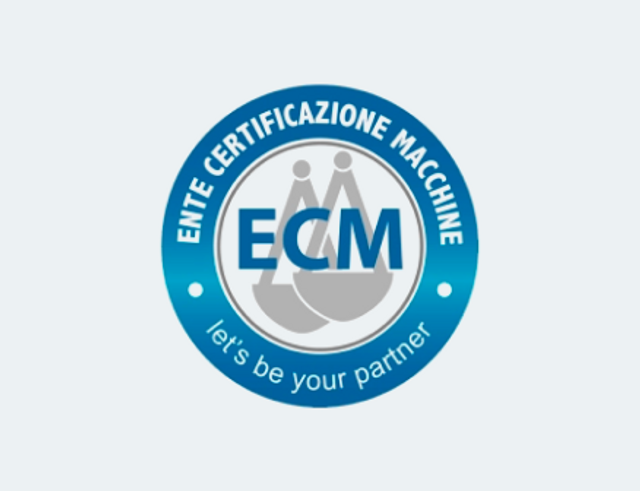

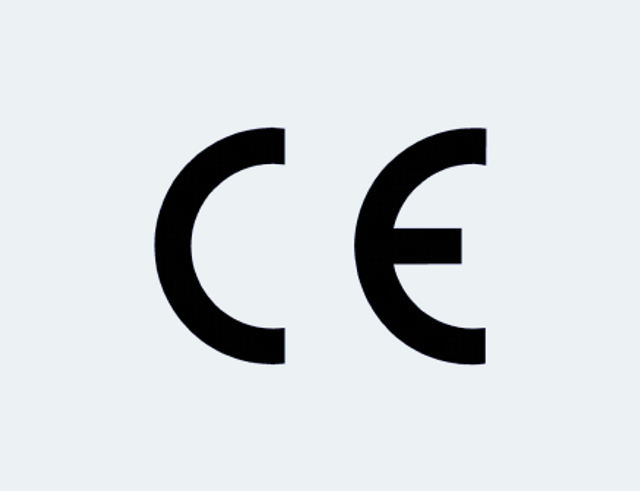

Explore our Extensive Range of Precision Metalworking Machine Tools. Discover the Power of Precision and Innovation in Metal and Material Processing with Weiss
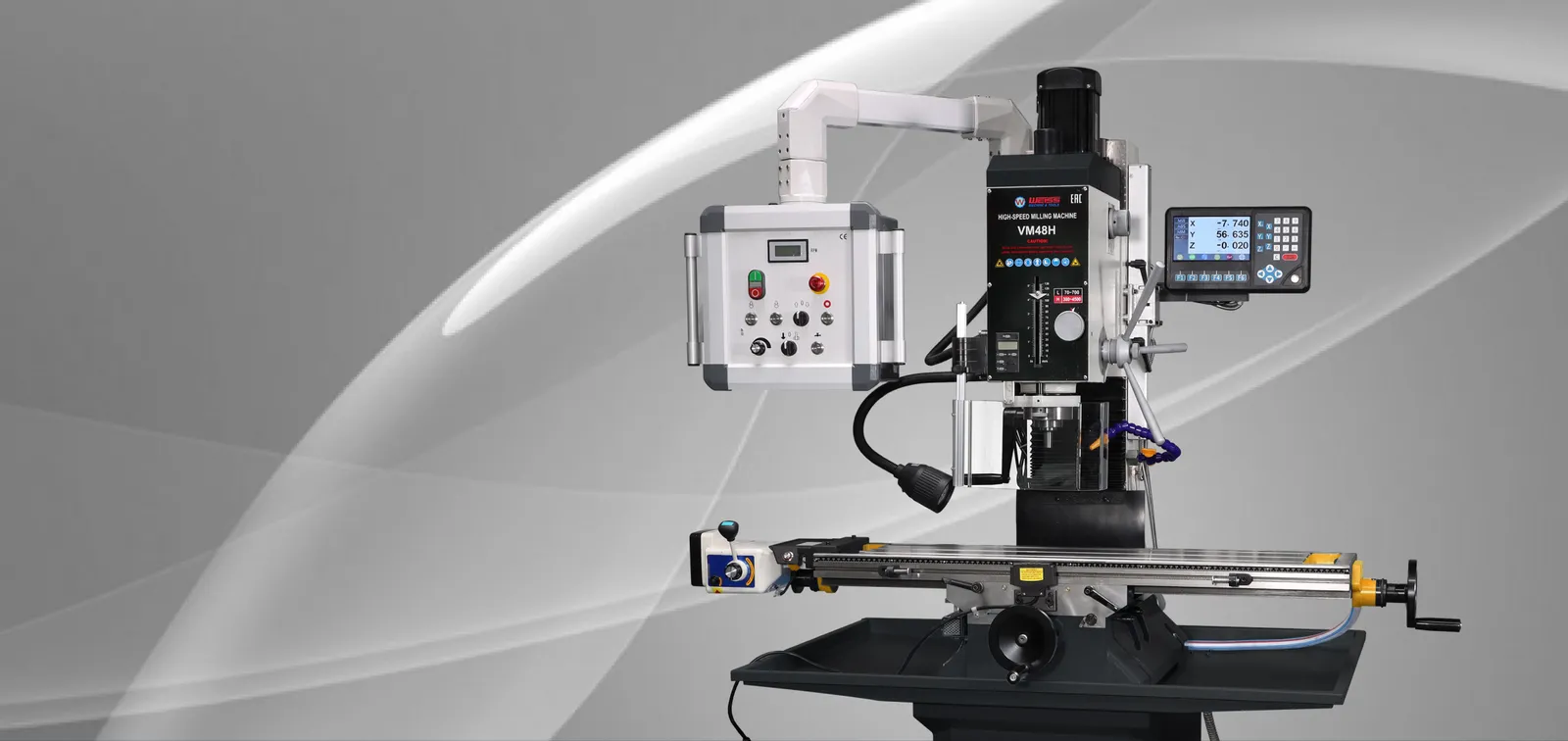
Heavy, stable and solid column,
made of high-quality gray cast iron, with ground and scraped dovetail guide,
for high stability and precision
View More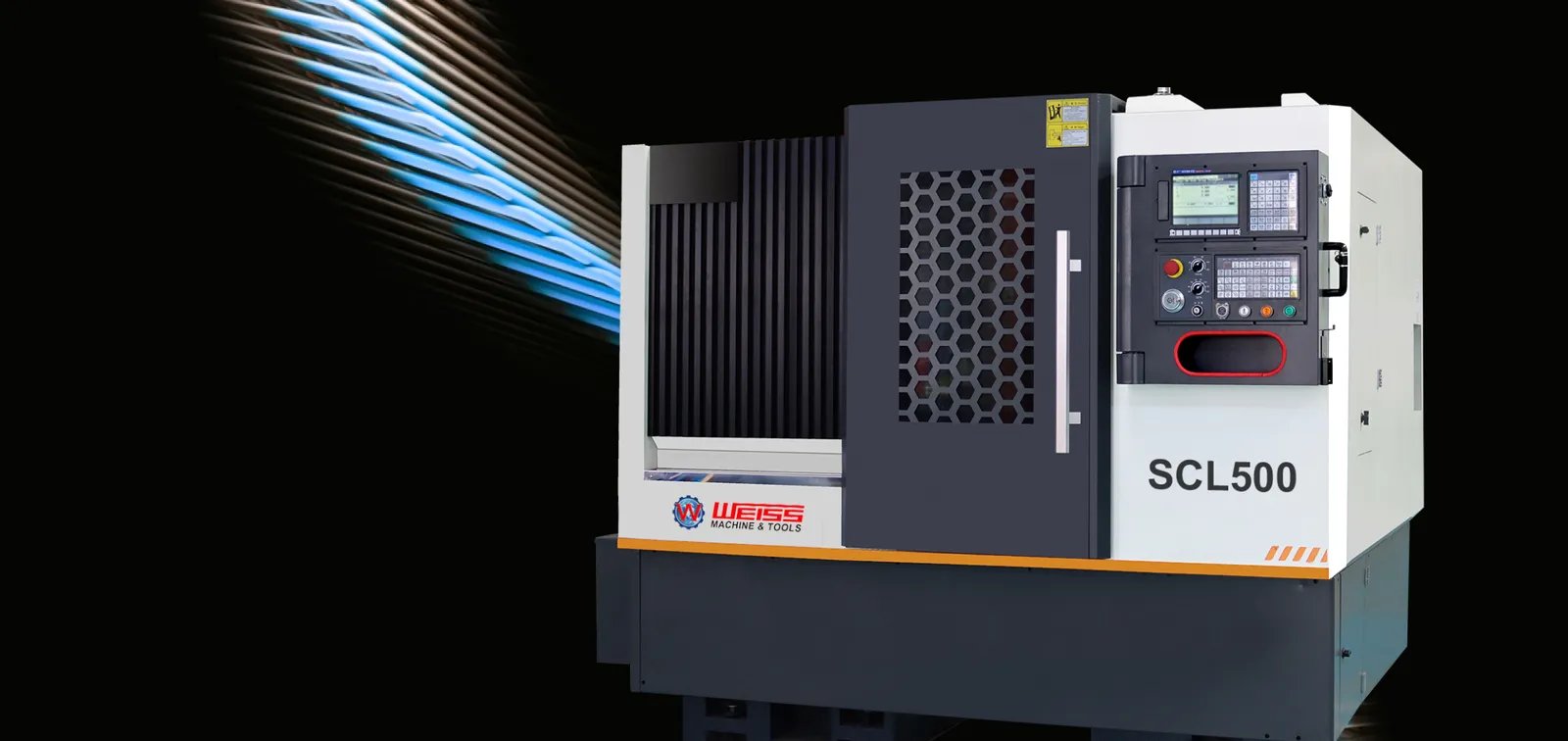
Slant bed and linear guide way CNC lathe.
High speed, High precision, High reliability
View More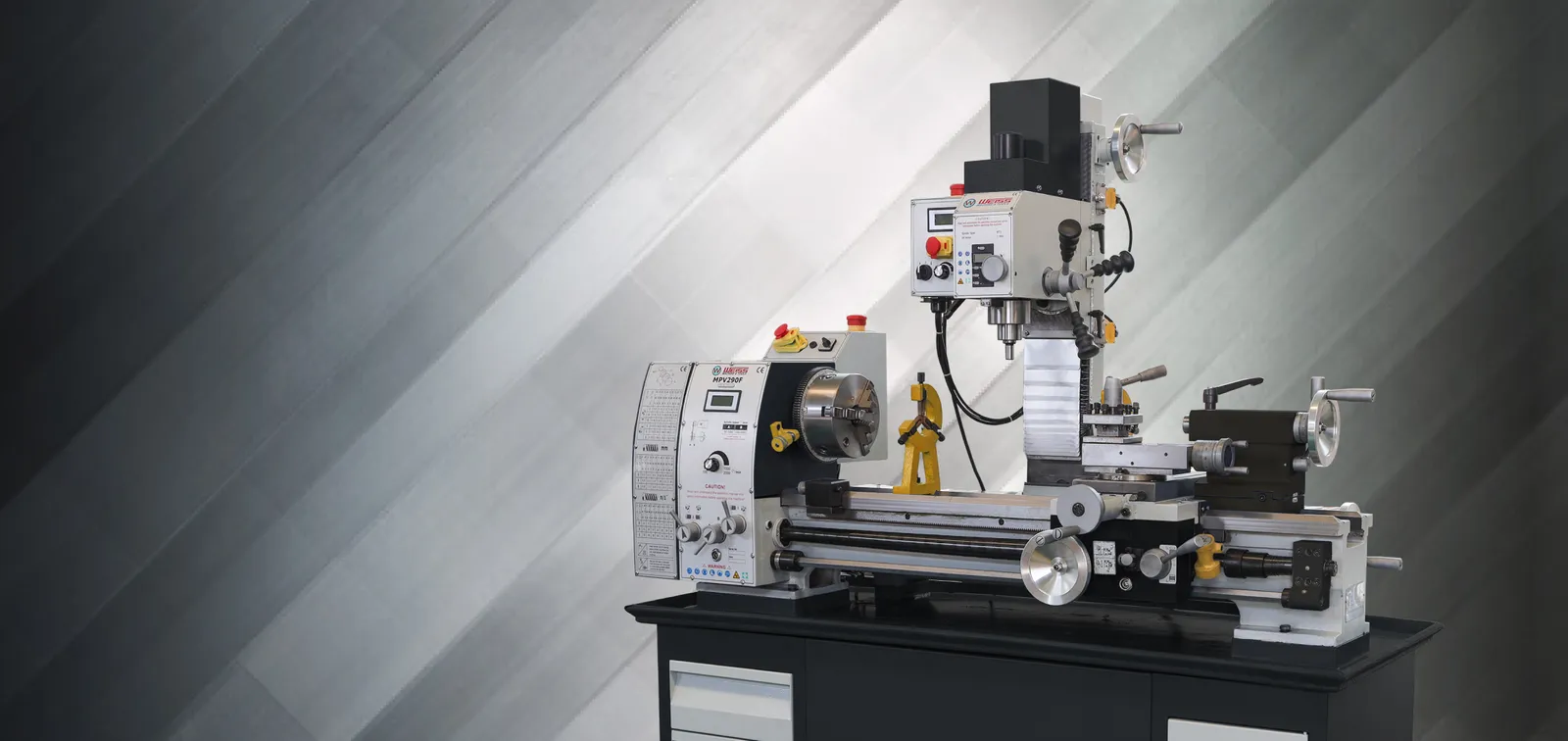
Prouduct quality and reliability Competitive pricing
Product innovatio and cariety
View MoreWEISS MACHINERY CO., LTD. to be your trusted partner for metalworking machine tools. We have a wide range of milling machines , tapping machines, and accessories that meet the highest standards of quality, performance, and reliability. Our machines have brushless motors that ensure low maintenance and high efficiency. We also offer online sales, international delivery, secure payment, professional advice, and 20 years of experience. Weiss, make it easy!
View MoreCompany Establishment
Countries&Regions with Product Sales
Factory Area
Product Varieties

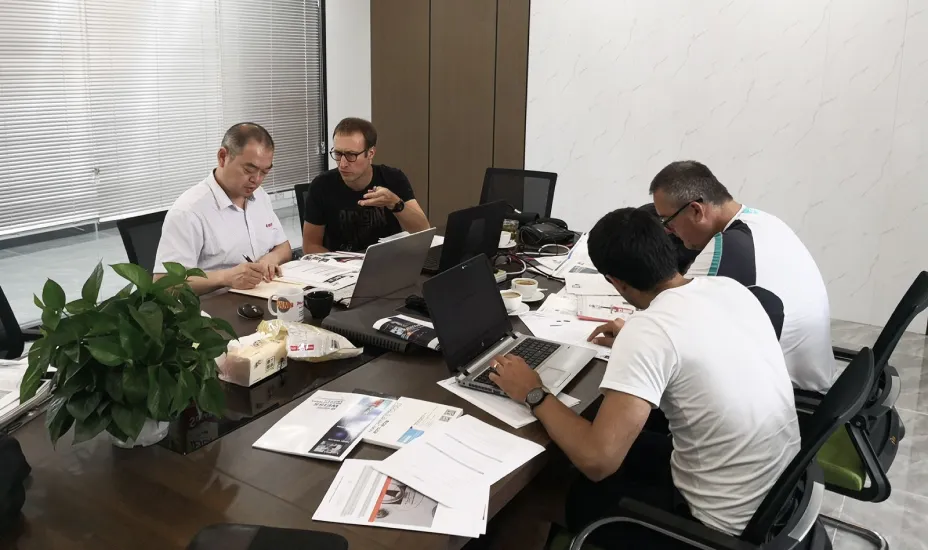
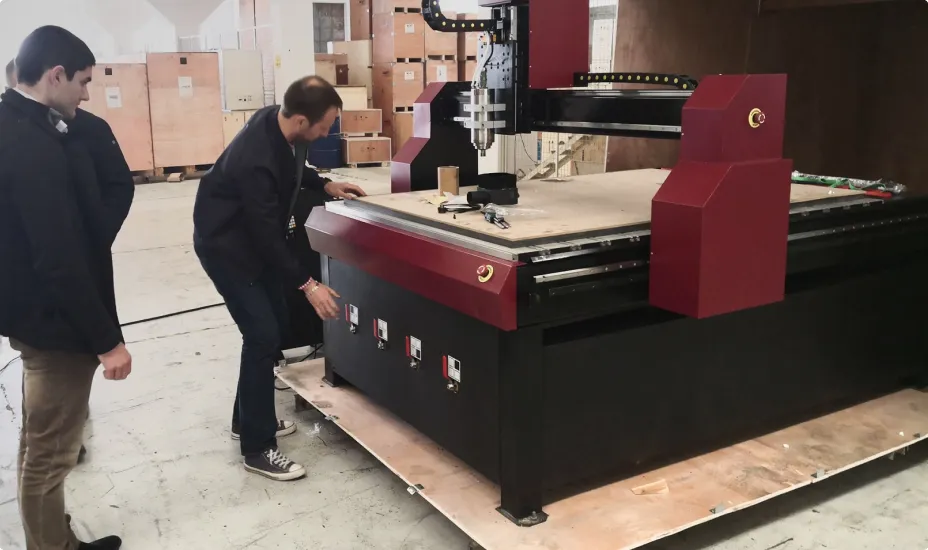
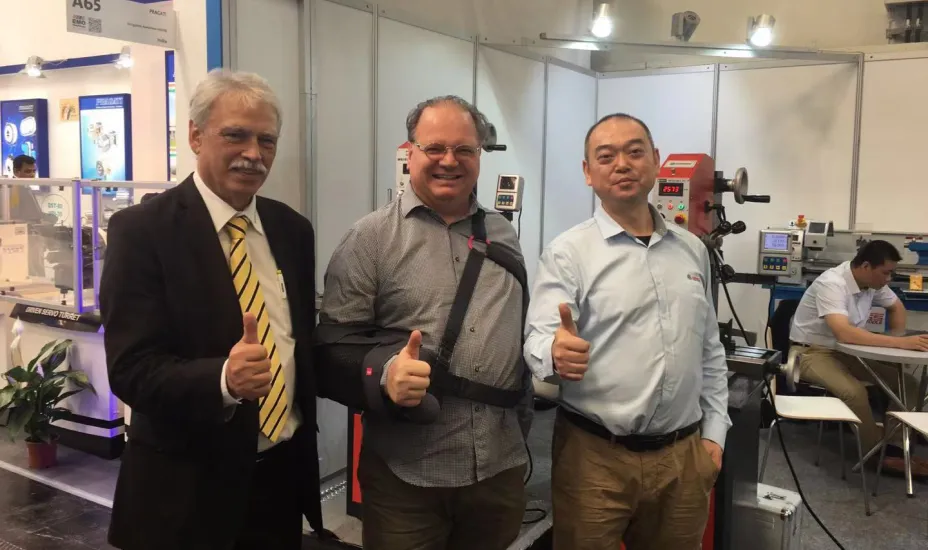
We have been extremely impressed with the quality and performance of the electronic milling machine we purchased from your company. It has greatly enhanced our production capabilities and consistently delivers exceptional results.
MA***N
Your Trusted Partner for Comprehensive Machine Tool Solutions.

Privacy statement: Your privacy is very important to Us. Our company promises not to disclose your personal information to any external company with out your explicit permission.

Fill in more information so that we can get in touch with you faster
Privacy statement: Your privacy is very important to Us. Our company promises not to disclose your personal information to any external company with out your explicit permission.